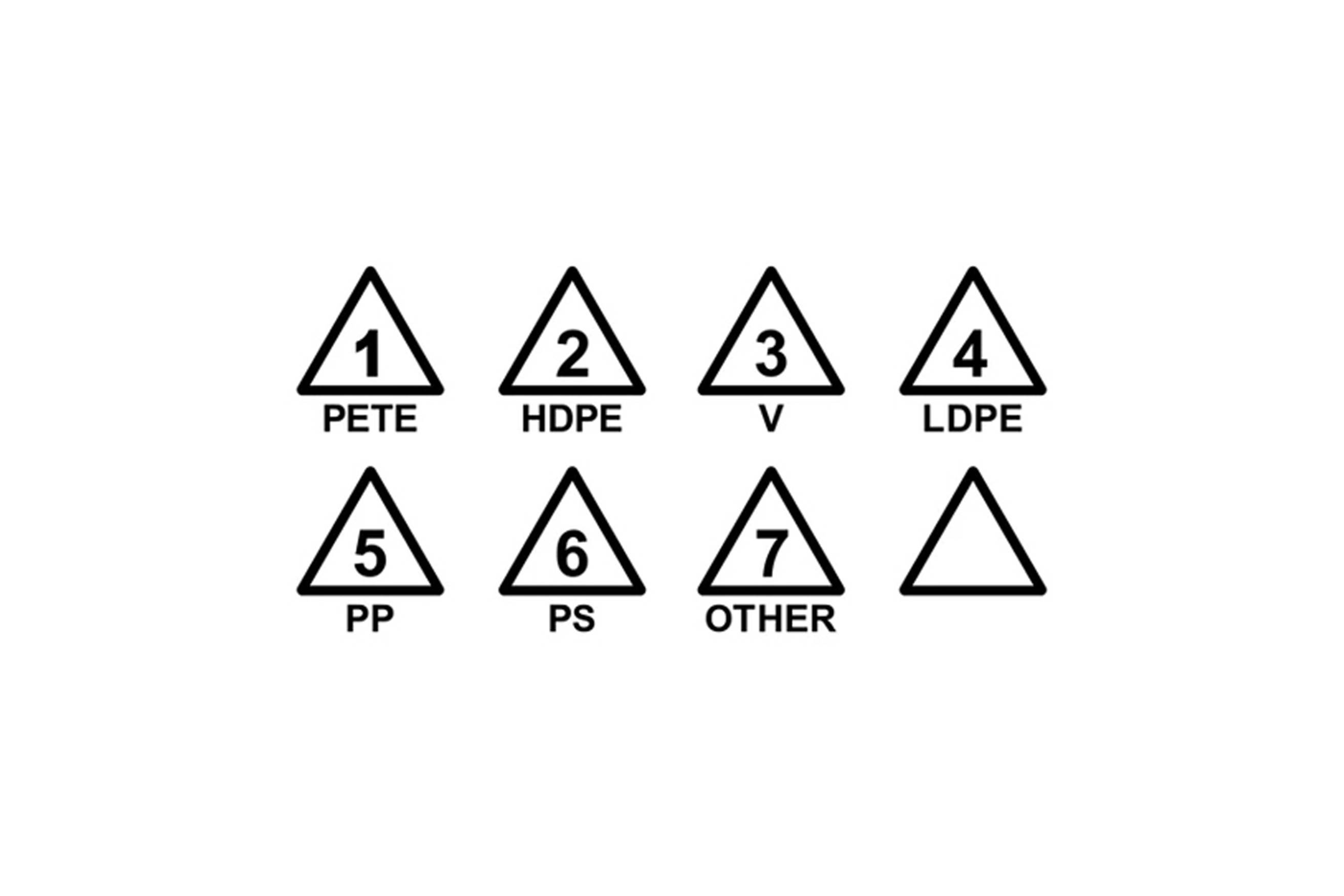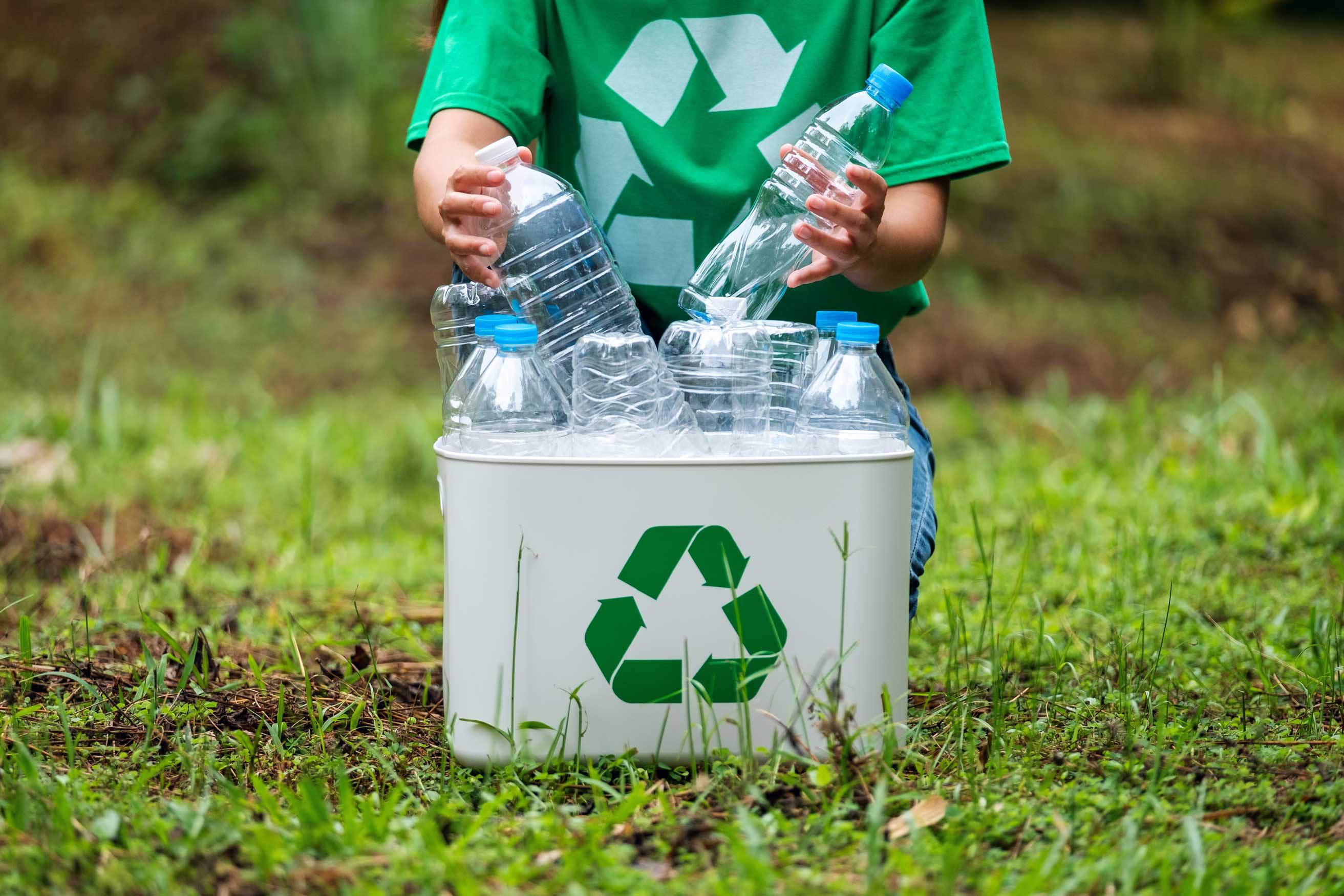
Sustainable Packaging
Growing deforestation rates, rising carbon emissions and littered waste on land and in oceans are major concerns. One way we address these issues is by reducing our packaging and increasing recyclability, as outlined in our Global Sustainability Strategy for Sustainable Packaging.
Our commitment includes a focus on increased recyclability, reduction of packaging material, incorporating post-consumer recycled content in plastic packaging and fiber sourcing for all of our ALDI-exclusive products. All fiber-based primary packaging components for our core range products are sourced from certified responsibly managed forests or contain 70% recycled content.
Our Sustainable Packaging Goals
Advancing towards a circular economy through packaging.
- By 2025, 100% of packaging will have reusable, recyclable or compostable packaging.
- By 2025, product packaging materials will be reduced by at least 15%.
- By 2025, plastic packaging will use 20% post-consumer recycled (PCR) content on average.
*While we will continue to identify opportunities to make more progress, we are unlikely to reach our goals for recyclable packaging and recycled content. Affordability of innovative and sustainable materials, along with engagement and customers’ access to curbside recycling and composting infrastructure, remain key barriers toward our packaging goals. ALDI remains committed to multistakeholder initiatives that help to improve infrastructure, and working alongside packaging manufacturers and other organizations to drive positive industry-wide changes.
Partners
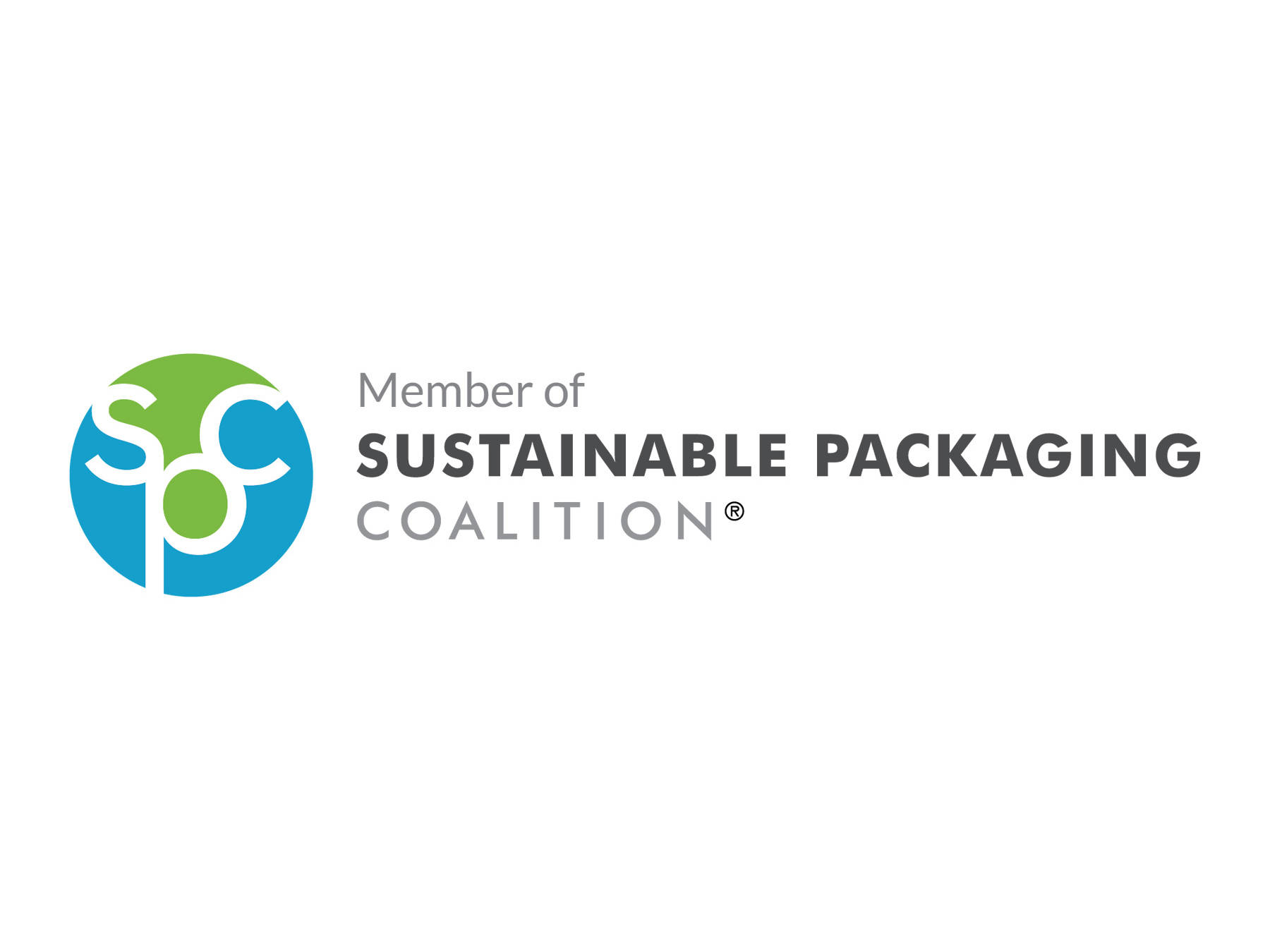
The Sustainable Packaging Coalition believes in the power of industry to make packaging more sustainable. As a coalition member, ALDI can advance its impact through education, collaboration and action.
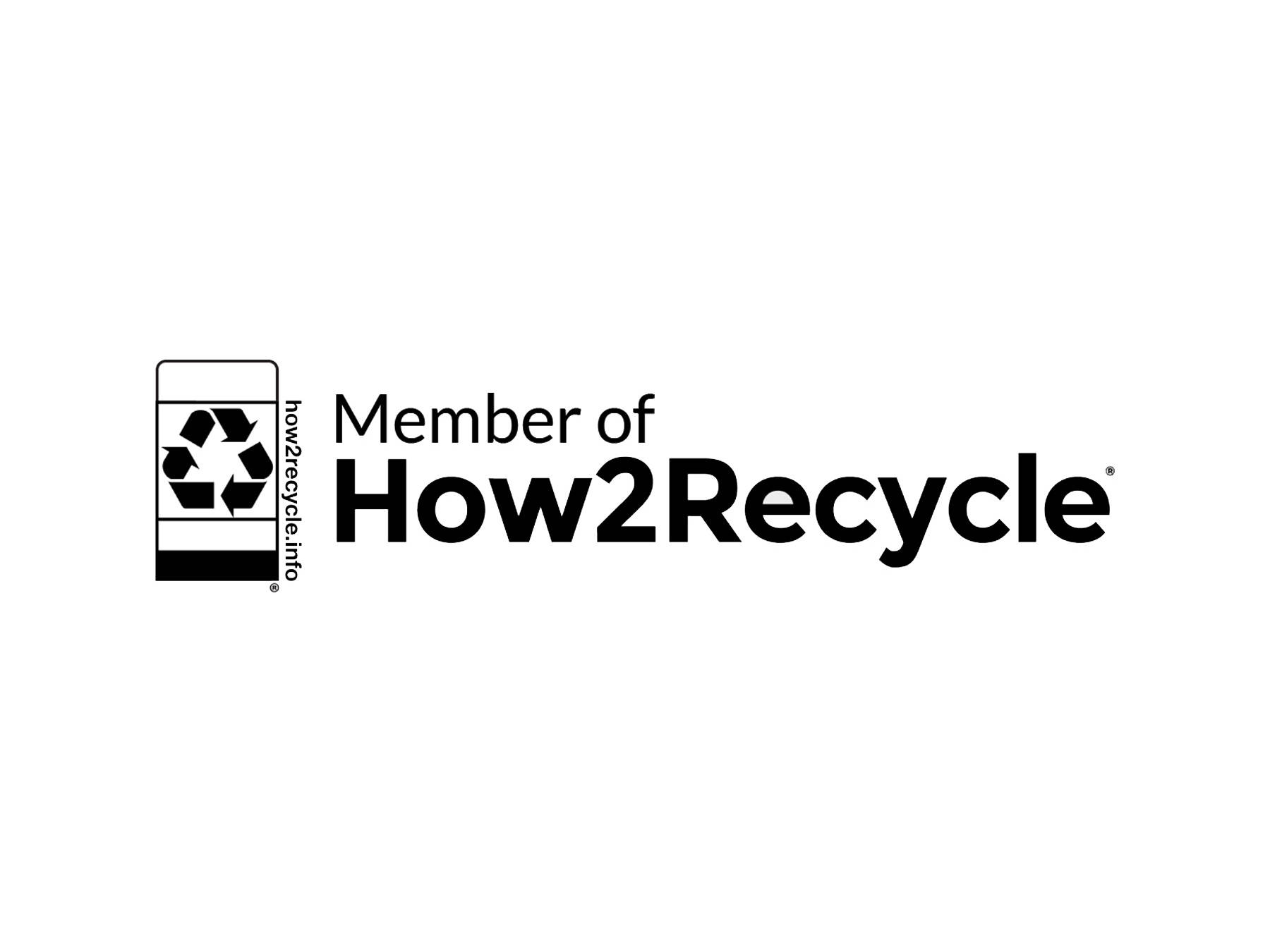
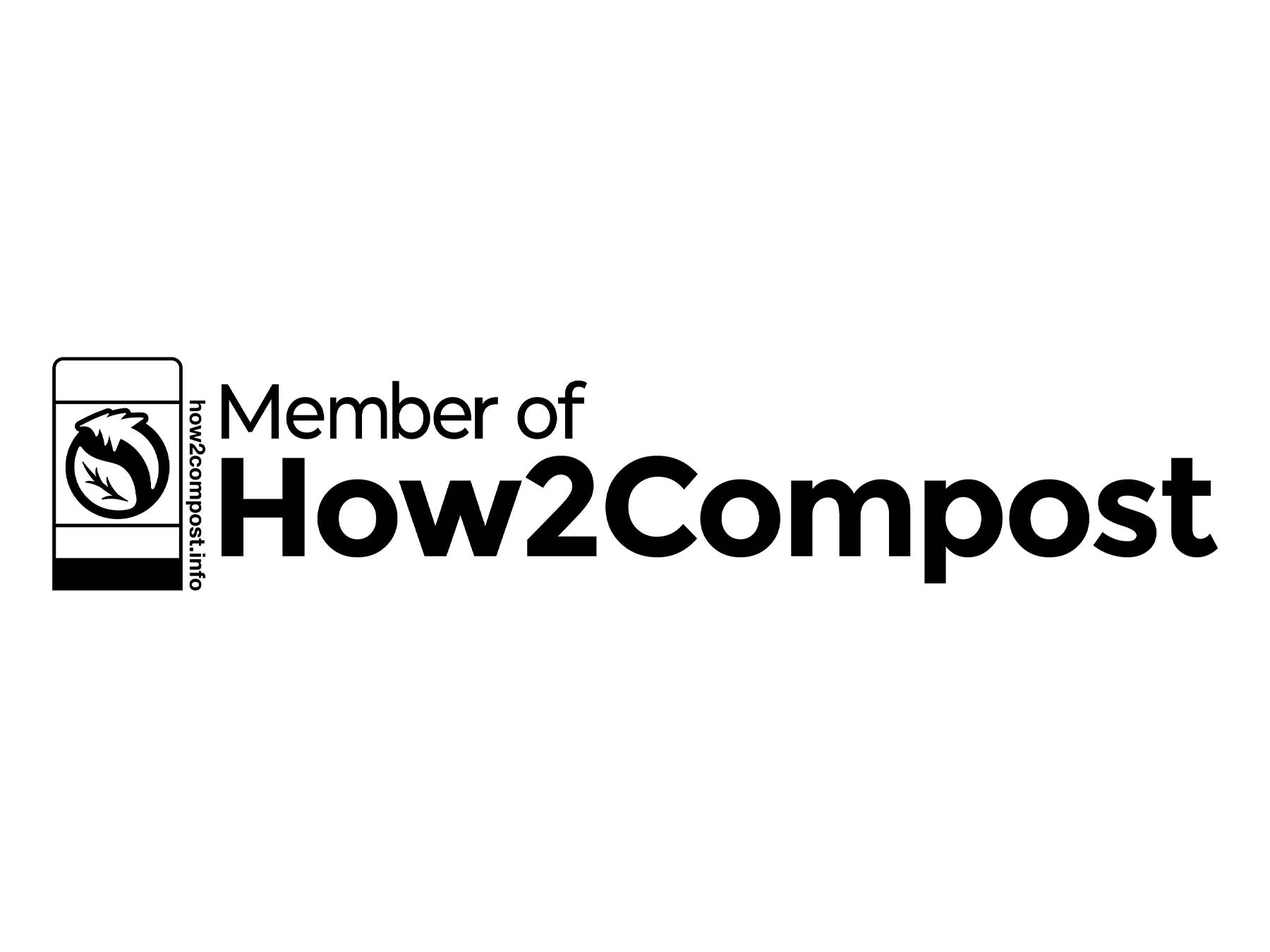
ALDI has partnered with How2Recyle® to feature How2Recyle labels on our ALDI-exclusive product packaging for everyday food and non-food items to educate customers and increase recycling rates. We have expanded our partnership to now include How2Compost labels. This label informs consumers of a package's compostability.
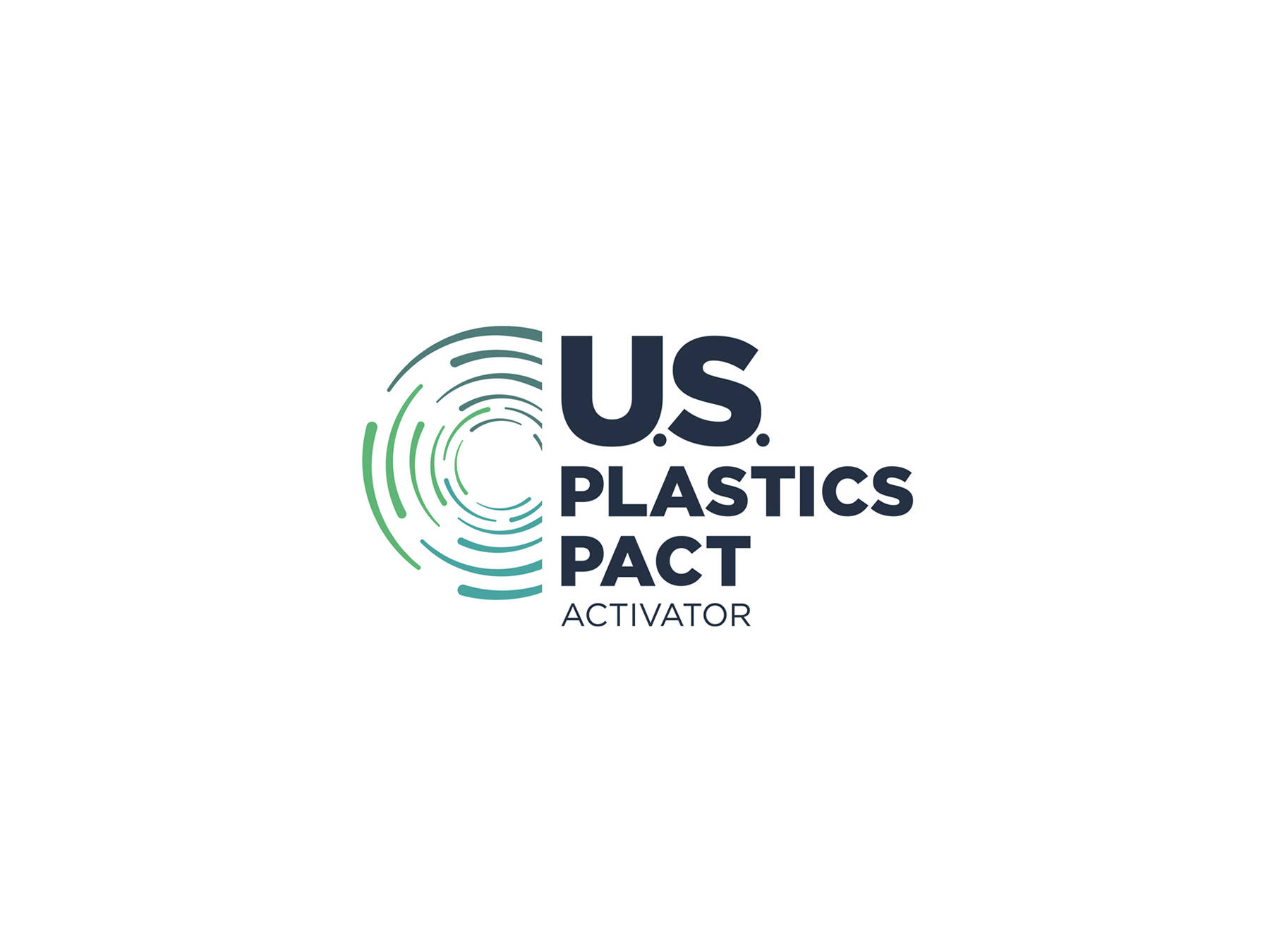
As outlined by the Ellen MacArthur Foundation’s New Plastics Economy Initiative, the US Plastics Pact brings together business, nonprofit organizations, government agencies and research institutions to work toward the common vision for a circular economy for plastics.
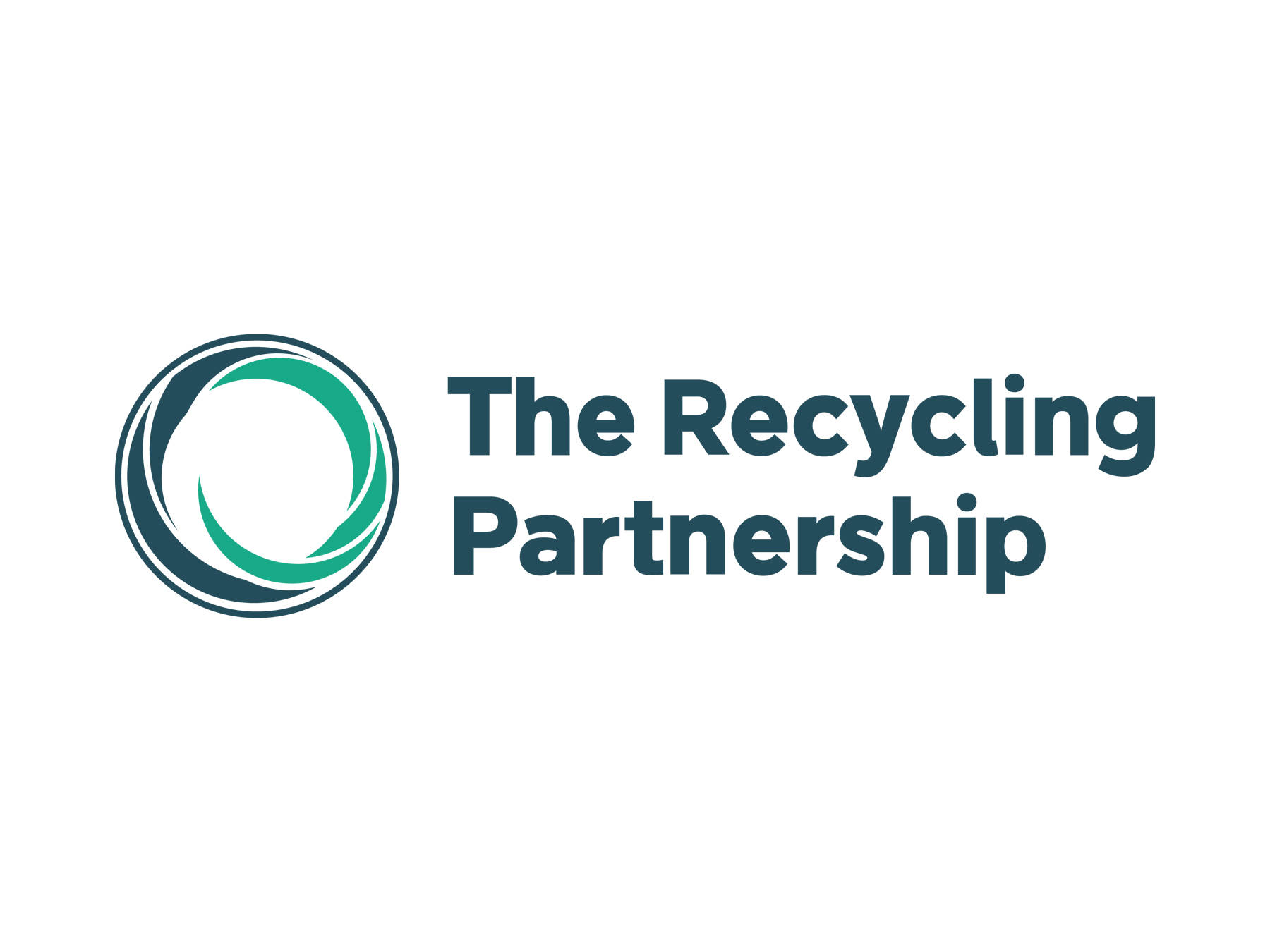
ALDI has joined The Recycling Partnership, a purpose-driven organization committed to building a better U.S. recycling system that delivers economic and environmental benefits for communities and industry. This collaboration reflects the growing need for companies to play a more active role in strengthening public systems and driving sustainable change.
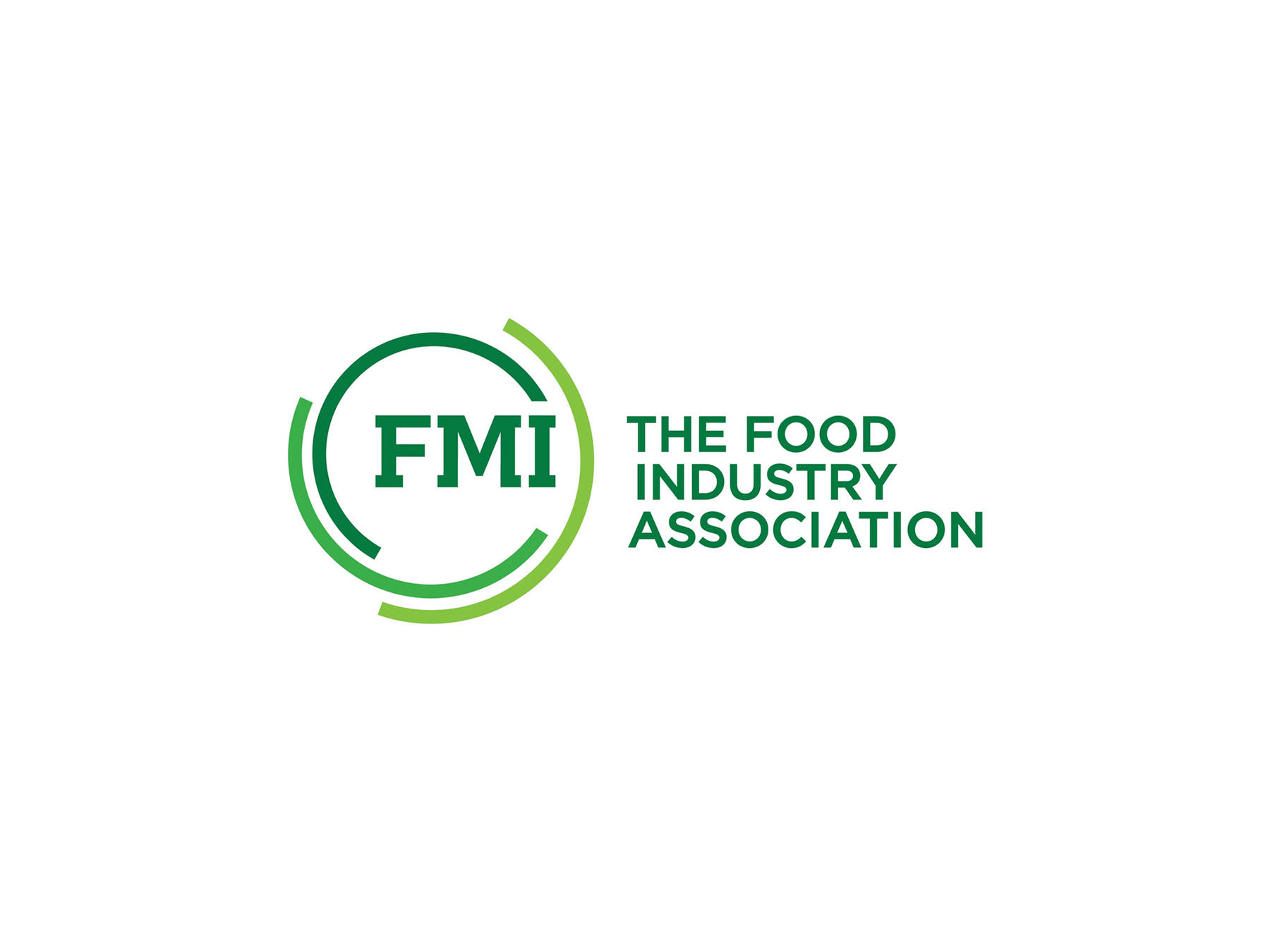
On its mission to advance a safer, healthier and more efficient consumer food supply, FMI - the Food Industry Association develops sustainability tools and resources to help the grocery industry reduce waste, understand consumer priorities, increase recycling rates, improve packaging and continue progress toward long term sustainability goals. We supported the development of the FMI Sustainable Packaging Playbook.
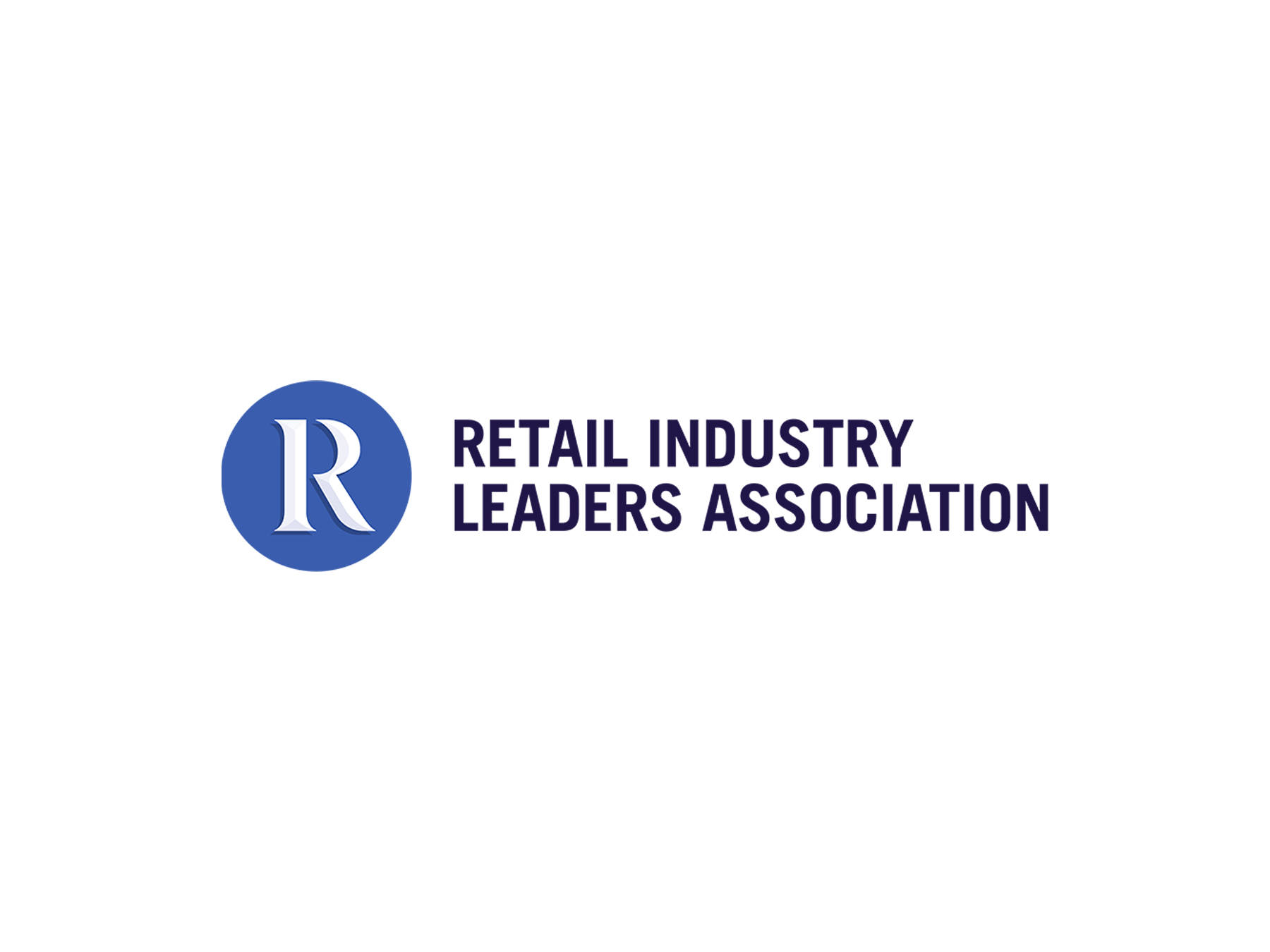
In bringing together leading retailers, RILA helps advance sustainability within the industry by sharing best practices to promote innovation in packaging across the industry
Common Packaging Misconceptions
Resin Identification Codes can be misleading when it comes to packaging recyclability. Just because something has a number on it doesn’t mean it’s recyclable. For example, all 3s and 7s are “Not Yet Recyclable” in the How2Recycle program. Many other packages are rendered “Not Yet Recyclable” by other packaging design decisions. When unsure whether a certain item may be recyclable, it’s always best to reach out to your local recycling facility to find out what may be available in your area.
